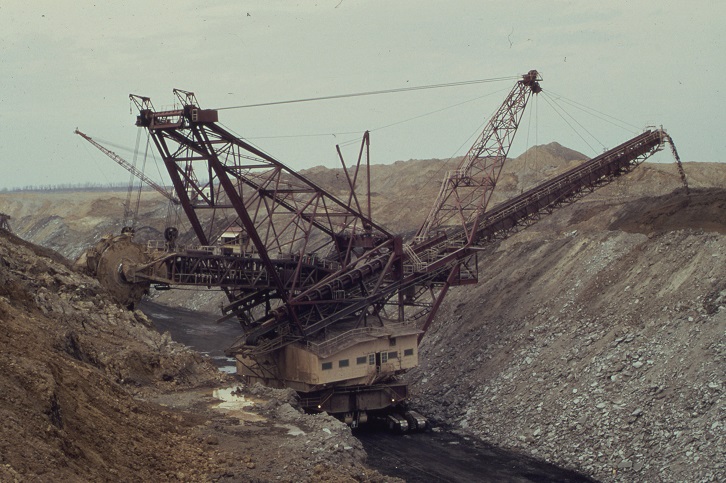This is the third installment in a multi-part series. Browse the Protective Use of Force index to read more.
Societal violence
Structural violence is the deaths and suffering caused by the way society is organised so that huge numbers of people lack the means necessary to avoid starvation, prevent illness etc. [1] Cultural violence is the prevailing attitudes and beliefs regarding power and the necessity of violence. [2]
In Violence, Slavoj Žižek, a controversial philosopher and cultural critic, differentiates between what he calls subjective and objective violence. “Subjective violence is experienced in a truly peaceful work where there is no violence of any sort. Objective violence is the inherent violence of the ‘normal’ state of things.” [3]
Žižek describes two kinds of objective violence. Symbolic (objective) violence is embodied in language and its forms, which is similar to the concept of cultural violence described above. Systemic (objective) violence includes the terrible consequences of the everyday functioning of economic and political systems, similar to structural violence described above. This kind of violence is inherent to the system itself: direct physical violence; subtle forms of coercion that sustain domination and exploitation, including the threat of violence. He also describes ideological violence, which includes racism, incitement, and sexual discrimination. [4]
Žižek observes that there is a focus on subjective violence (social agents, evil individuals, disciplined repressive apparatuses, fanatical crowds) to distract our attentions from objective violence and our complicity in the oppressive systems that perpetuate it.
State monopoly of violence
A defining characteristic of the modern state is the state monopoly of violence. This is the concept that only the state has the right to use or authorise the use of physical force. The German sociologist Max Weber first described this concept in his 1918 lecture Politics as a Vocation: “human community that (successfully) claims the monopoly of the legitimate use of physical force within a given territory.” The German philosopher Walter Benjamin wrote about the state monopoly of violence in his 1921 book Critique of Violence.
The state monopoly of the legitimate use of violence is a concept to mean that the state and other actors are using violence but the use of violence by those that are not the state is illegitimate or illegal. Whereas the state monopoly of violence means that the state is the only one using violence, which is where we have got to in most Western countries. So the state is deeming self defence as illegitimate (more on this in the future article on self defence).
Ecological violence
Author Marty Branagan calls the damage to ecosystems caused by industries or armed conflict “ecological violence,” [5] but quotes three studies that state that the extent and intensity of warfare are decreasing. [6] I completely disagree and think it’s clear that structural, cultural and ecological violence are all increasing. 180 million to 203 million people were killed by wars and oppression in the twentieth century alone. [7]
Property destruction
Finally, it is important to distinguish between violence against property and violence against people. Some reject that violence is an appropriate word to use to describe property destruction. Property destruction can be achieved without harming any sentient beings and can be effective at stopping an unjust system. It can also be used to intimidate, which is perhaps why some advocate against it. [8]
When considering if property destruction constitutes violence, a number of questions need to be asked: what objects will be damaged; for what purpose; using what kind of force; will any living beings be injured in any way? Do you believe that “property rights” can be “injured?” Radical environmentalists argue that violations of property rights can in fact constitute violent acts or be the result of past violence. “Property” is created when land and animals are forcibly enclosed or when people are separated from the products of their labour. This is a violent process as it involves the actual or threatened use of force to control. Violence will then be needed to maintain this property.
There’s a critical difference between the legitimate use of force, and violence, which is always illegitimate. We need to stand in solidarity with those who use justifiable force by putting their bodies on the line. And then be critical of those that use the dire situation on the earth as an excuse for reckless aggression or selfish violence. [9]
The British suffragette Emmeline Pankhurst had this to say about property destruction: “There is something that Governments care for far more than human life, and that is the security of property, and so it is through property that we shall strike the enemy.”
This is the third installment in a multi-part series. Browse the Protective Use of Force index to read more.
Endnotes
- Historical materialism chapter, Critical Security Studies book, Eric Herring, page 157 https://ericherring.files.wordpress.com/2011/08/eh-hm-and-security-09.pdf
- Elements of Resistance: Violence, Nonviolence and the State, Jeriah Bowser, page 7, read online
- Violence, Slavoj Žižek, 2009, page 2
- Violence, Slavoj Žižek, 2009, page 1-10
- Global Warming: Militarism and Nonviolence,The Art of Active Resistance, Marty Branagan, 2013, page 7
- Global Warming: Militarism and Nonviolence,The Art of Active Resistance, Marty Branagan, 2013, page 40
- Jeriah Bowser has done a great job of describing the increasing amounts of violence in the world in the last century in Elements of Resistance: Violence, Nonviolence and the State, 2015, page 22-31, read online
- Deep Green Resistance, Lierre Keith, 2011, page 81 (link to DGR book, online version ideally if ready in time see this forum post https://deepgreenresistance.org/forum/index.php?topic=5188.0)
- Igniting a Revolution, Steven Best, Anthony J. Nocella, 2006, page 324/5
To repost this or other DGR original writings, please contact newsservice@deepgreenresistance.org

